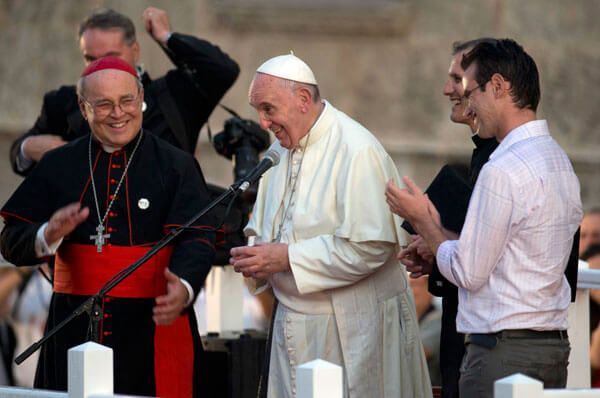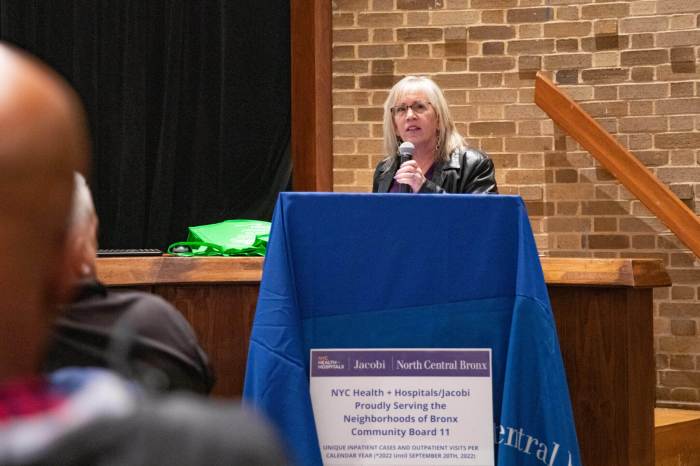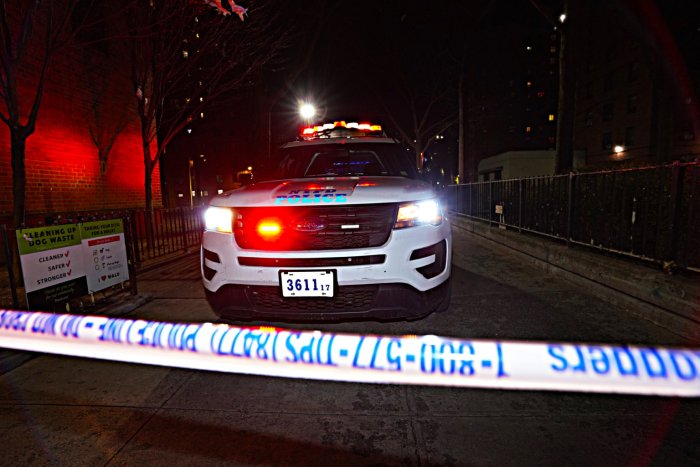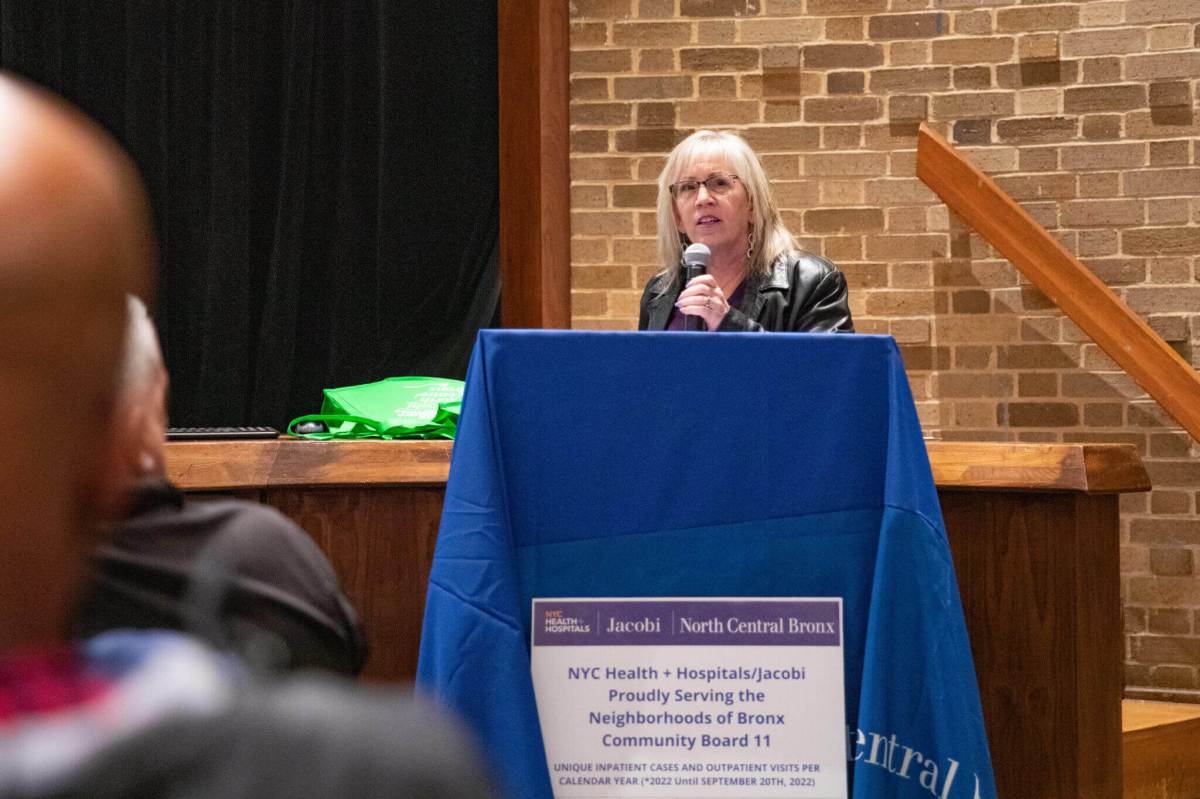As one would expect, the first visit of Pope Francis to the U.S., including a turn in New York City, has been the biggest buzz generator around here in a while. A papal visit is always heady stuff. But in the particular case of this pontiff, in just a couple of years he has seen develop around him a rock-star aura that, it’s fair to wager, was not of his deliberate crafting, but simply a testament to the extraordinary human spirit the world has come to recognize.
A Gallup poll reported the pope’s favorability among Americans having dropped from a high of 76 percent in early 2014 to 59 percent this past July, when the survey was conducted. The lesser approval numbers were said to be attributable to a decline in support among Catholics and political conservatives. Which should be to no one’s surprise, seeing as how Francis has staked out positions inimical to conservatives and a goodly portion of the Catholic population on some hot-button issues. The pope’s famous “Who am I to judge?” response on the acceptance of persons of gay and lesbian orientation would surely have elicited a “not good enough” reaction among conservatives. Ditto, for his strong stand against income inequality and advocacy of greater concern for the poor, his underscoring of human responsibility for despoiling the environment and other positions that run afoul of conservative orthodoxy.
But headlines about a drop in the approval numbers for Pope Francis are essentially efforts to put a negative spin on a clearly positive happening. From where we sit, the story of this first-ever Latin American pope has been as welcome a breath of fresh air, for the Catholic Church and the world at large, as could be imagined.
Francis came into the papacy after six plus years of a predecessor, Benedict XVI, who perhaps had concluded, before he voluntarily resigned in 2013, that it was futile attempting to fill the shoes of the universally beloved John Paul II, whom he had succeeded. Whatever contributed to the narrative resulting in his elevation in March 2013, it became clear almost as soon as his assumption of the role, that Francis possessed the tools of charisma, good for making him, in the eyes of a world of curious observers, everything his predecessor was not. Good even for inviting comparisons to the magnetic draw of John Paul II. The difference being, of course, that John Paul’s across-the-board personal likeability came packaged with a seemingly uncompromising conservatism.
Not being as strictly wedded to church tradition as was John Paul meant that Francis’ appeal among Catholics encompassed the significant number who were enamored of John Paul’s personal charm, but not his unswerving adherence to bedrock church doctrine. Along comes Francis, and an amazing humility, an obviously genuine love of people, particularly the common man, and a willingness to have the church more reflective of today’s changing times are some of the formidable personality constituents we see revealed in this pope. A winning combination it is, too, apparently. A more recent New York Times/CBS News poll than July’s Gallup report has Francis registering in the 80 percentile range of approval among American Catholics.
As always, though, there are the pope’s critics. Among those heard from in advance of the papal visit was New Jersey’s Gov. Chris Christie, who denounces the pope’s having been a facilitator in the recent scaling down of tensions between the U.S. and Cuba. Christie’s beef is Cuba’s harboring of Joanne Chesimard, the convicted killer of a New Jersey trooper some 40 years ago. The State Department has affirmed that in continuing discussions with the Cuban government toward restoring full U.S.-Cuba diplomatic ties, the return of Chesimard and other fugitives to the U.S. will be among issues on the table. That, evidently, isn’t good enough for Christie whose position underscores starkly different perceptions of the issue from the pontiff and himself: Francis’ back-channel diplomacy undoubtedly inspired by the Cuban people’s long suffering through an embargo, Christie apparently driven only by a pound-of-flesh imperative.
Be that as it may, it should occasion no mystery if this pope is seen as a harbinger of things positive, by his own flock as well as those not of his faith. The simple truth is, people have quickly come to realize how exceedingly rare an individual Francis is. And everything we’ve learned about his pastoral tenure in Argentina tells us this has been no quick papal makeover of the man, but that a lifestyle free of ostentatious trappings, the constant reaching out to those on the lower rungs and all else we’ve been shown of Francis morally leading by example, have been long-standing core values that define him.
If New York and wherever else have been touched by the pope’s grace somehow has gone slightly ape over his being in their midst, there’s abundant justification for having done so.























